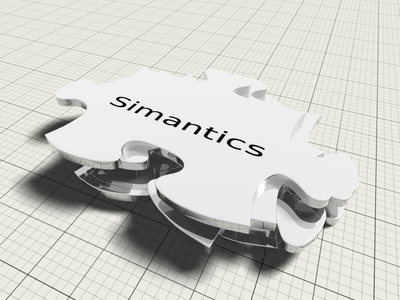Simantics Developer Documentation: Difference between revisions
| (5 intermediate revisions by 3 users not shown) | |||
| Line 34: | Line 34: | ||
* [[Target Platform]] | * [[Target Platform]] | ||
* [[Development Practices]] | * [[Development Practices]] | ||
* [[ | * [[Internationalization]] | ||
* [[Update Site]] | * [[Update Site]] | ||
* [[Coding Convention]] | * [[Coding Convention]] | ||
| Line 40: | Line 40: | ||
* [[Testing]] | * [[Testing]] | ||
* [[FAQ]] | * [[FAQ]] | ||
* [[Migration To Git]] | * [[Migration To Git]] | ||
| Line 60: | Line 59: | ||
* [[Version Migration]] | * [[Version Migration]] | ||
* [[Tutorial: Ontology Development]] | * [[Tutorial: Ontology Development]] | ||
* [[Check list: Model browser contributions]] | |||
* [[XML Schema Conversion]] | * [[XML Schema Conversion]] | ||
| Line 116: | Line 116: | ||
* [[Org.simantics.objmap_Manual|Object Map Manual]] | * [[Org.simantics.objmap_Manual|Object Map Manual]] | ||
* [[SCL Registry]] | * [[SCL Registry]] | ||
* [http://www.simantics.org/ | * [https://www.simantics.org/download/master/scldoc SCL Reference] | ||
<!-- | |||
* [http://www.simantics.org/~niemisto/Transformations.pdf Transformation language specification] | |||
* [http://www.simantics.org/~niemisto/Transformations_2015_01_23.pdf Transformation language presentation] | |||
* [http://www.simantics.org/~niemisto/CHRGuide.html CHR Guide] | |||
--> | |||
|width="25%" valign="top"| | |width="25%" valign="top"| | ||
Latest revision as of 12:42, 7 May 2019

Simantics is a software platform for modelling and simulation. The system has client-server architecture with a semantic ontology-based modelling database and Eclipse framework -based client software with plug-in interface. The Simantics platform and many of its components are open source under Eclipse Public License (EPL).
The philosophy of the Simantics platform is to offer an open, high level application platform on which different computational tools can be easily integrated to form a common environment for modelling and simulation. The platform includes several modelling tools, so-called editors, for e.g. 2D graph-like hierarchical model composition and semantic graph browsing.
One of the biggest innovations in the Simantics platform is the semantic modelling approach itself and high-level ontology tools. The semantic database, i.e. triplestore, on the server side enables high performance data management and arbitrary mappings of data. This enables e.g. efficient mapping of simulation and measurement data to the model configuration and its visualisation.
The Simantics development and maintenance process is built to be solid and scalable from the very beginning. The objective is to aim far to the future what comes to requirements for scalability, usability, and reliability.
This Simantics Developer Documentation is targeted to programmers and software developers developing either the platform itself or additional plug-ins to be used with or on the platform. The Simantics End User Documentation complements to documentation for the Simantics platform offering overview and detailed information about the platform from the user's point of view. The Simantics website is the source of information for the Simantics project and related subjects.
Overview |
Miscellaneous Documents |
Ontology Development |
Database Development
|
Data management & Experiment Control |
UI Development |
Simantics Constraint Language |
Model Development |
Project Development |
Diagram Development |
Issue Development |
Utilities |